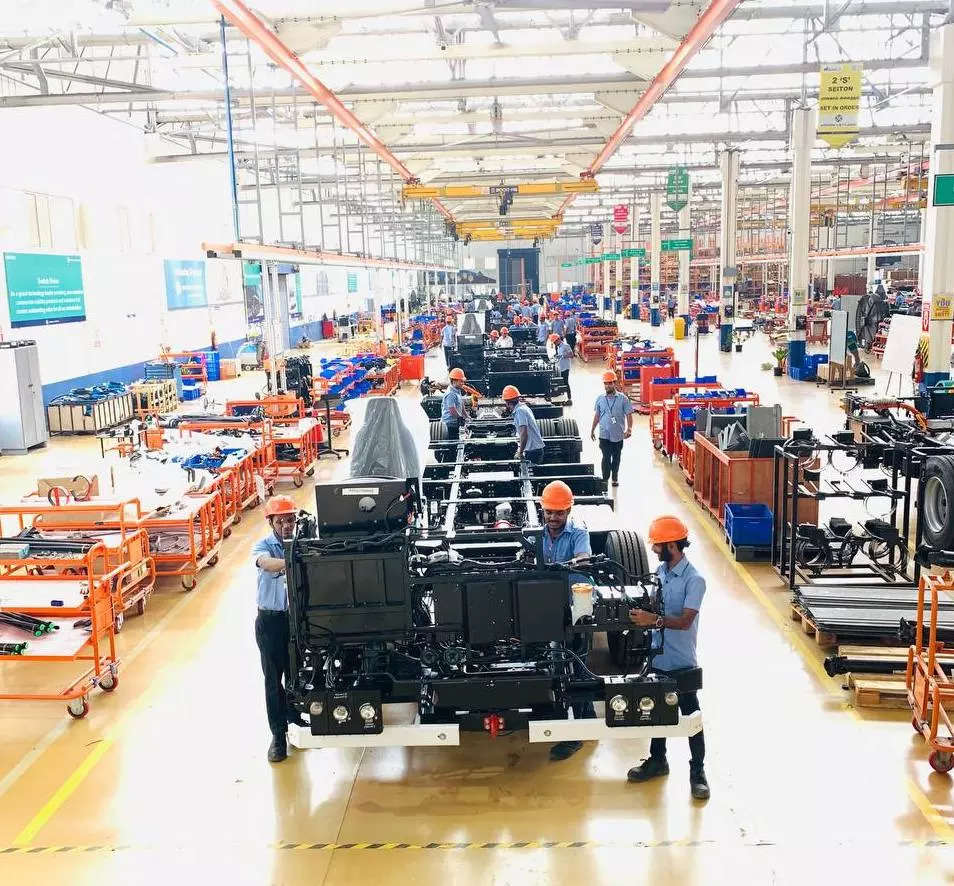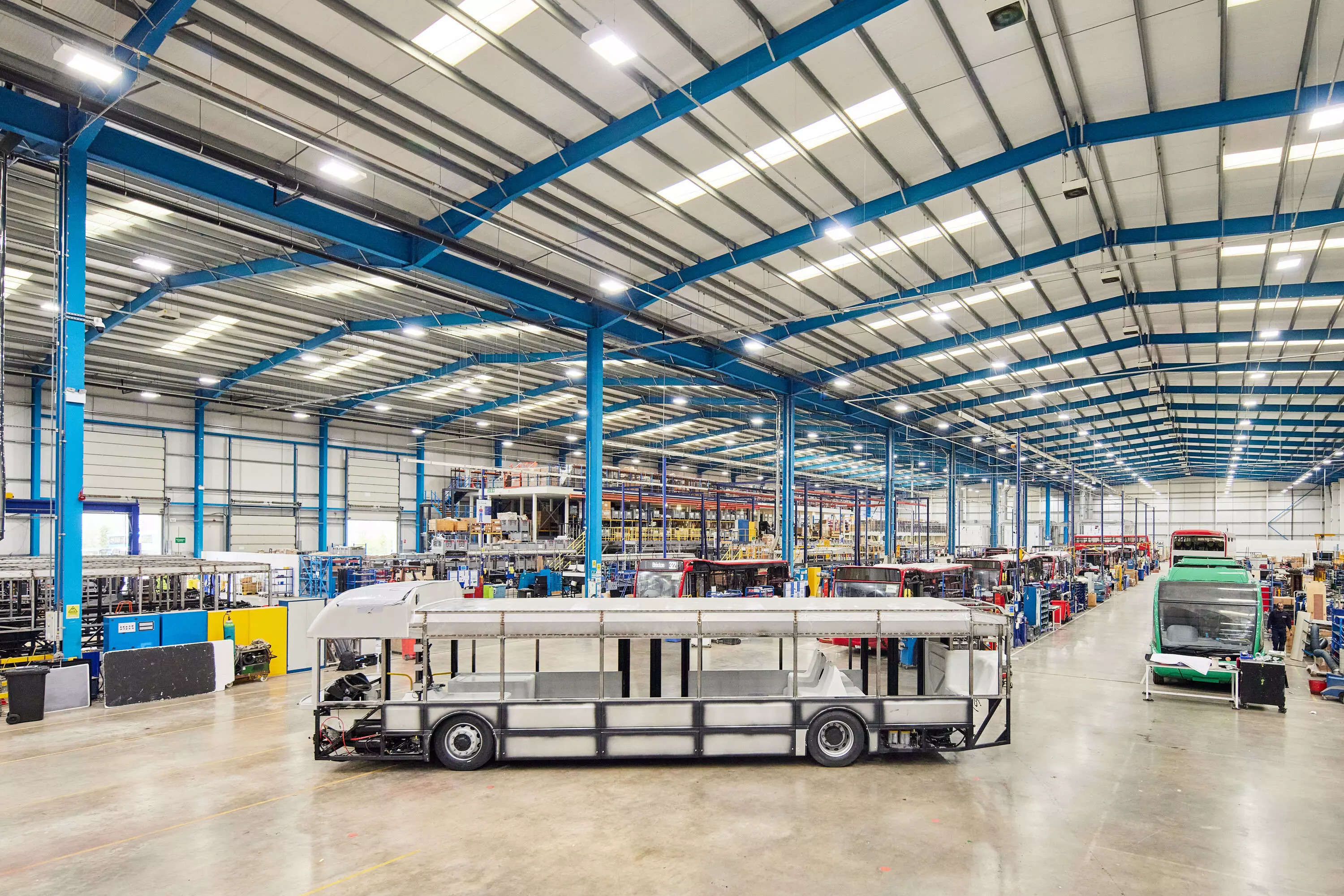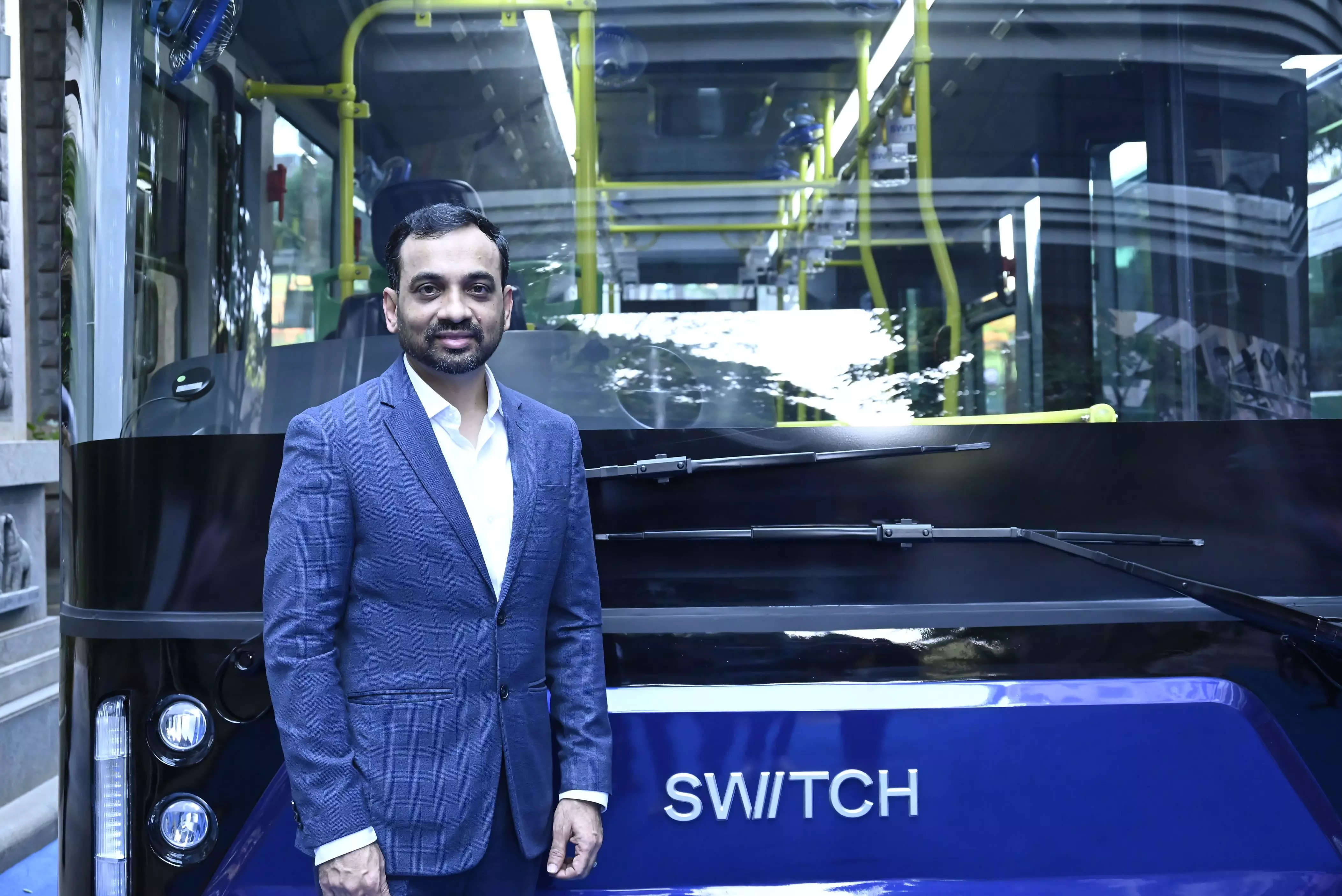
Along with the global demand for better carbon footprint and space efficient transportation solutions grow opportunities for the OEMs offering them. For Switch Mobility, the key markets where it wants to tap this opportunity are the UK, India, Europe, and Africa. While the India base grows, and the Spanish plant gets built, reviving Switch Mobility’s presence in its home market of UK is a priority for the newly-appointed CEO Mahesh Babu.
“We want to return to the number two, or number one position among bus manufacturers in this country (the UK). So we are working towards reviving our product portfolios, reviving technologies to be back where we were 10-12 years ago,” Babu said from Switch Mobility’s HQ in Warwick, in an interview for ETAuto’s ‘Target Net Zero’ discussion series featuring Indian and global industry leaders.
Babu takes over the new role from Andy Palmer, who was responsible for setting up Switch Mobility, which is the new, electric-only avatar of Optare, a British bus maker formed in 1985 and acquired by Ashok Leyland over a period of time starting from 2010.
The UK electric bus market, mainly London, is said to be anywhere between 500 and 1,000 units a year, depending on orders from TFL (Transport for London). “We believe next year the market is going to be upward of 800,” Babu said. ADL and Wrightbus are some of the bigger bus makers in the UK. Switch Mobility has a single decker called Metro City and Metro Decker (a double decker), which it will pitch for bagging more orders from TFL. So far, Switch Mobility has sold 550 buses in all, of which 210 are in the UK.
The UK is also set to be a major base for advanced technologies like autonomous driving, for Switch Mobility. Switch Mobility has set up an engineering centre in Warwick, where it has also shifted its headquarters to, from Leeds.
Building the India base
In India, the electric CV subsidiary of Ashok Leyland looks to leverage its parent’s manufacturing footprint to scale up operations. Currently, the Switch electric buses are built at Ashok Leyland’s Ennore plant in Tamil Nadu. The plan is to expand capacity as India looks to grow its fleet of electric buses in many cities. “Within the Group we are looking at multiple aspects, and instead of investing in a full-fledged grounds up plant we are looking at how we utilise the existing facilities of let’s say Ashok Leyland and the Hinduja Group,” Babu said.

As part of that plan, which also helps in frugal investments, and is in line with its strategy of lowering the overall manufacturing carbon footprint, Switch Mobility will set up a 10,000 square metre facility for light electric trucks at Ashok Leyland’s Hosur plant. Along with the buses, the company is preparing to build a portfolio of electric cargo carriers of up to 7.5 tonne capacity. The first of them, the electric version of the Ashok Leyland Dost light truck, is expected to be out during Q1 of FY24.
The Ennore bus facility is expected to be ramped up to 2,500 units annually, before setting up an additional plant. India will also be the base to service other Asian and African markets. Though the market requirements in Asia, Africa, and Europe may be significantly different, the Switch buses are planned to have a lot in common. The bus architecture will be the same across the world, while the bodies on top of them may differ. “Technologically, both the E1 bus (for Europe) and EiV 12 in India, powertrain and the battery everything is about 70% common,” he said.
For double deckers in India, which are based on the EiV 22 platform, Babu expects orders from cities other than Mumbai too. The OEM has bagged an order to supply 200 electric double deckers for Mumbai. “Bengaluru and Telangana have expressed interest for double deckers. There are quite a few players we are discussing with,” Babu said.
With double deckers, Switch Mobility wants to attract personal vehicle users to public transport. “If you look at the double decker EiV22, with electric and AC the intention is to bring the car consumers into the public transport in Mumbai, so that he or she can comfortably travel while getting what is expected in a car,” he said.
Beyond building the business, a major challenge that Babu has inherited in his new role is to drive Switch Mobility towards carbon neutrality across the value chain throughout its global network. Currently, its Leeds facility in the UK is certified carbon neutral.
Also Read:

















